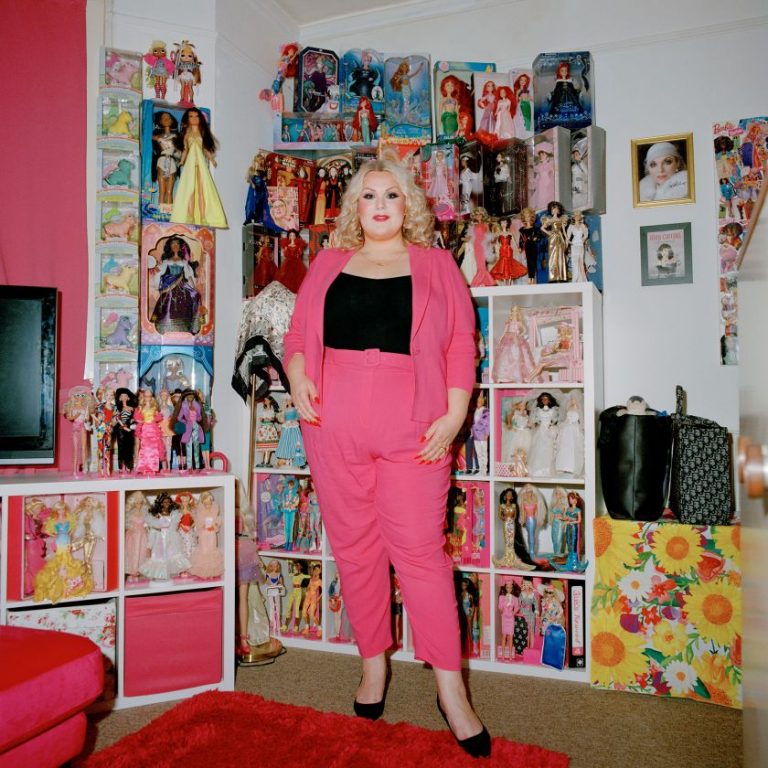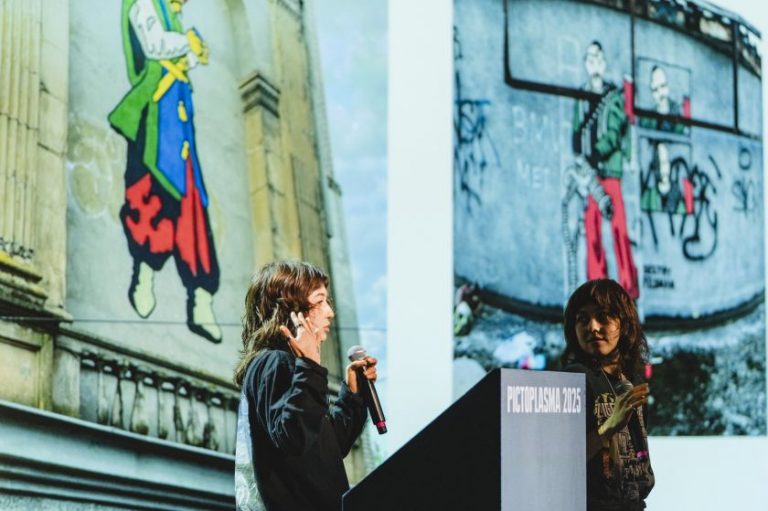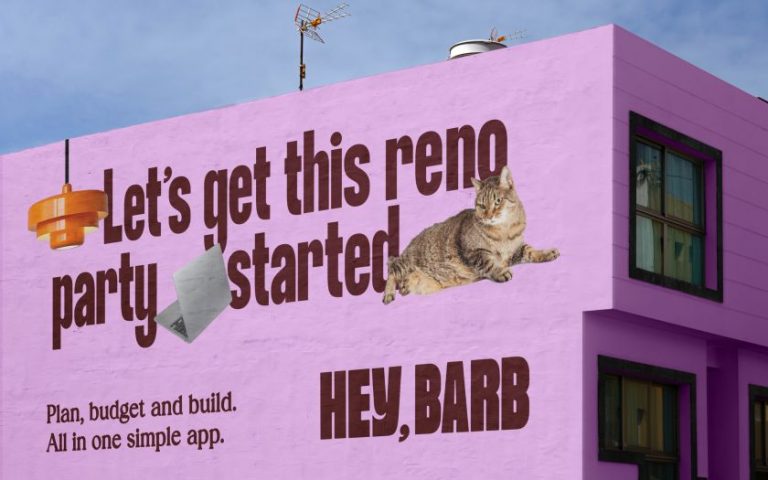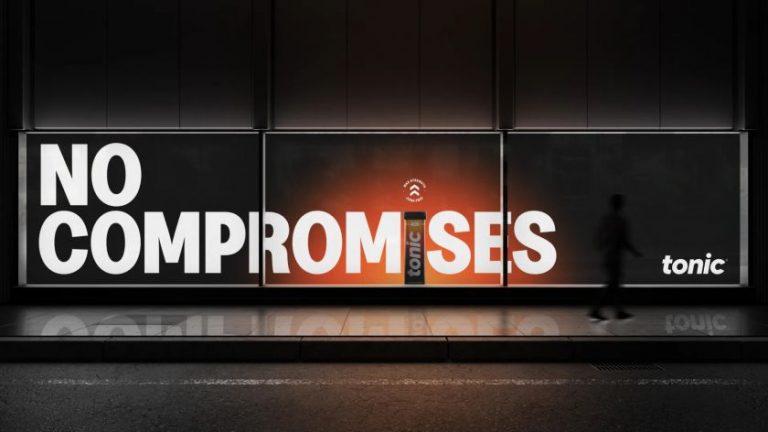The award-winning author shares a practical guide to redefining goal setting and making real progress, tailored for creative professionals.
Did you know we have our own network for creatives, The Studio? It’s free to join, and one of the benefits is the opportunity to participate in Studio Sessions, where industry experts share their insights directly from those shaping our creative landscape.
For instance, earlier this year we chatted with Rhea Freeman: a multi-award-winning PR adviser, social media expert, business coach, mentor, and author of the book You’ve Got This. Rhea’s years supporting small businesses—along with her own experiences as a podcaster, two-time TEDx speaker and regular broadcaster—give her a uniquely practical perspective on how to set goals that truly stick.
Missed it? Then don’t worry: we’ll share some of the best tips from her talk below.
Turning dreams into plans
For Rhea, goal setting extends far beyond corporate bullet points and performance indicators. “A good goal has to be something you really want to do,” she reasons. “Something that excites you and fires you up, not just what your friends or family think you should pursue. If you aren’t genuinely motivated, you’ll feel like you’re slogging through mud, and the fire to keep going just isn’t there.”
Her central message, then, is to permit yourself to aim high. “I always encourage people to think big,” she explains. “Because amazing things are possible if you have a plan and keep moving forward; even if it’s just in tiny steps each day.”
That said, clarity and specificity matter enormously. “It’s not enough to say, ‘I want more clients,'” she stresses. “Instead, try, ‘I want six new clients by the end of next quarter.’ Putting numbers and timeframes on things turns vague dreams into clear targets.”
Broadly speaking, Rhea subscribes to the SMART goal-setting methodology, which stands for Specific, Measurable, Achievable (or Attainable), Relevant, and Time-bound. Importantly, though, she tweaks this ingredients list to suit a creative mindset. “I don’t love every letter in SMART,” she says. “But there’s real value in asking yourself whether a goal is truly relevant to you, measurable in some way, and tied to a deadline.”
Even long-term ambitions can be tackled in this way, she adds. “You won’t achieve everything overnight, but if you know where you want to go, you can reverse-engineer the steps and plot your route.”
Building momentum
Rhea is an evangelist for breaking big goals into practical chunks. “Even the scariest ambitions start with a small, simple action,” she explains. “If you want to speak at a conference, don’t focus on the stage straight away. Start by researching which events are relevant, who organises them, and what their process is. Write down every micro-action, rearrange them, and begin with the first one. Step by step, you’ll get there.”
For creative professionals battling overwhelm, this approach is especially crucial. “Treat it like planning a journey,” she advises. “If you don’t know the stops along the way, you’ll never reach your destination. Breaking the big goal into micro goals means motivation stays high and progress can be celebrated. Every win, no matter how small, is worthwhile.”
Rewarding every tiny achievement is central, too. “When I tick something off my to-do list, even if it’s just a simple task, I reward myself: a cup of tea, five minutes outside, or just recognising that I did it. Small successes build the momentum you need for bigger ones.”
Dealing with doubt
Rhea warns that self-doubt is inevitable, especially in creative fields. But she advocates a gentle form of persistence. “If you feel stuck, go for a walk or shift your focus for a bit,” she suggests. “Sometimes just showing up and doing the best you can is the win. Most people you see succeeding are only sharing their highlight reel; never their struggles. Stop comparing, and focus on your past self versus your present self.”
She’s adamant, too, that changing or adapting your goal never counts as failure. “Circumstances change, your ambitions grow or shift,” says Rhea. “If you learn something along the way, the effort is never wasted. It’s how you get closer to what you really want.”
Plans, habits and support
Rhea recognises, of course, that discipline and habit building are challenging for some people. “But you don’t need to become super-disciplined overnight,” she says. “Just start stacking small habits. Promise yourself to do one thing for your project before you open your emails in the morning. Over time, it becomes routine, and you realise you’re putting real hours towards your craft or business without even noticing.”
When it comes to organising, she’s agnostic about the tools—”Sticky notes, whiteboards, notebooks, apps, whatever works for you”—as long as habits are tracked and progress is celebrated. “The system doesn’t matter nearly as much as the regular acknowledgement of work done,” she believes.
Importantly, Rhea champions a personal definition of success. “Don’t get caught up in someone else’s highlight reel,” she urges. “Define success for yourself. It might mean having every Friday off, launching a new product, or achieving a specific revenue target. If it feels right for you, it matters.”
Above all, be optimistic; achieving your goals is not only possible but probable if you go about it the right way. With clear plans, micro rewards and permission to adapt as you go, your dreams will come within reach. In Rhea’s words: “You’ve got this. Truly.”










